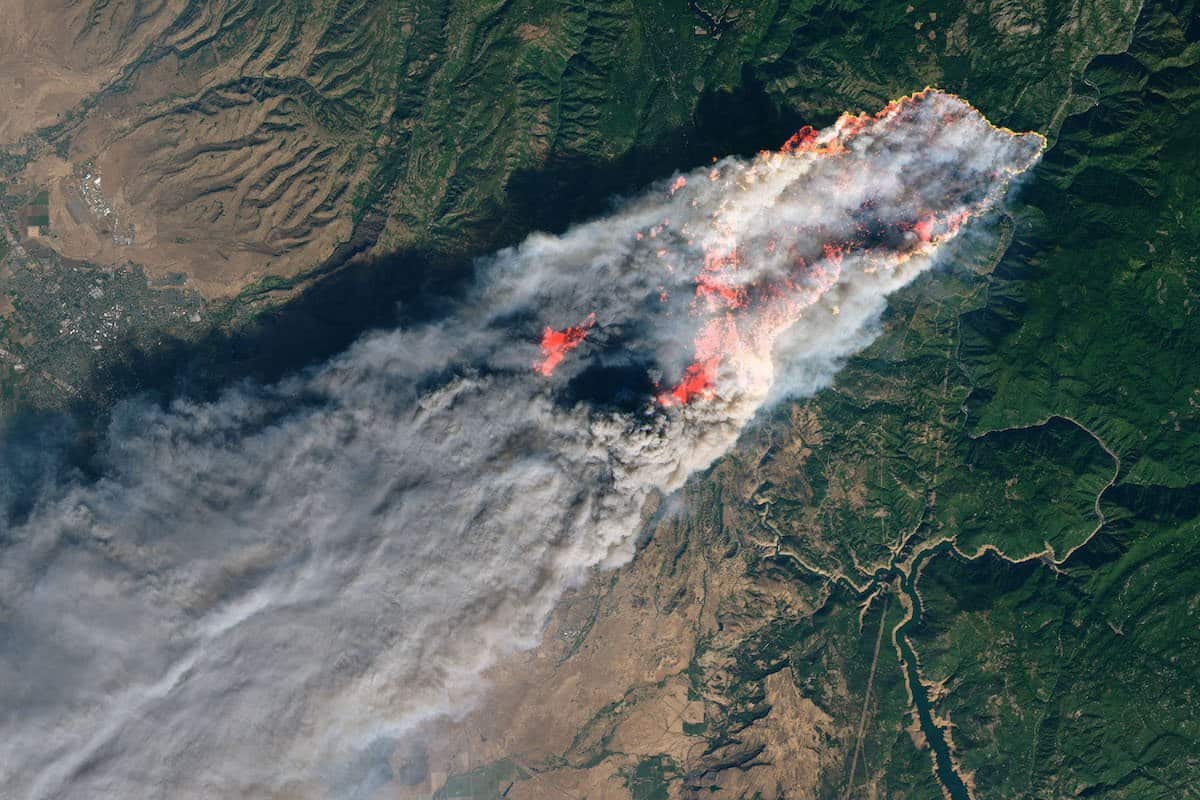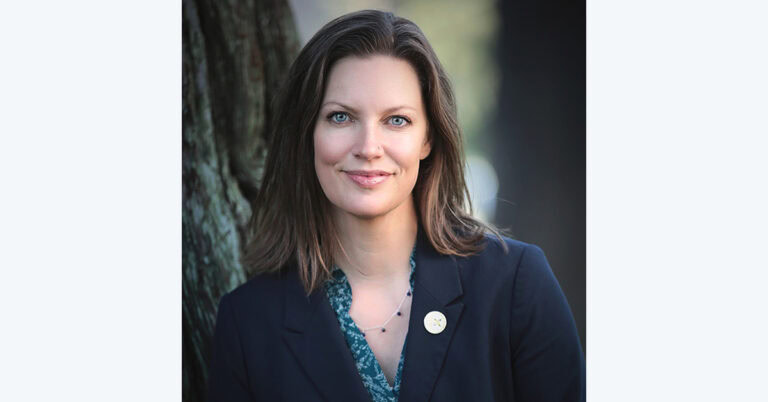Deputy Director
Day One Project: CCST Proposal Recommends Tracking Health Impacts of Wildfire Smoke for Biden-Harris Administration
April 22, 2021 | CCST Newsroom, Press Releases | Contact: Teresa Feo, PhD

A new proposal written by experts from the California Council on Science and Technology (CCST) and Stanford University provides recommendations to reduce disaster costs through better tracking of wildfire-smoke health impacts. According to the proposal, the United States currently does not have a systematic method to track the health impacts and associated costs of wildfire smoke.
Published on Earth Day, the proposal, “Reduce Disaster Costs by Better Tracking Health Impacts of Wildfire Smoke,” can be read and downloaded at the Day One Project’s website:
The proposal builds on the findings and recommendations of CCST’s recent report, “The Costs of Wildfire in California.” It highlights that smoke from wildfires kills many more people than direct exposure to the heat and flames, but these devastating impacts are often not included in impact assessments due to a lack of available data.
Just in time for #EarthDay, read our new proposal for @Day1Project w/ recommendations to reduce disaster costs through better tracking of #wildfire-smoke health impacts.
Feat. authors Teresa Feo (CCST), @Stanford's Mary Prunicki, @AmberJMace, and more.https://t.co/bqhlrjfTtH
— CCST (@CCSTorg) April 22, 2021
The proposal includes the following summary recommendations for the Biden-Harris administration to “improve understanding of wildfire-smoke health impacts, better guide investments into wildfire management, and ultimately reduce the costs of wildfire disasters”:
“(1) Systematically track mortality and morbidity due to smoke from wildfire disasters.
“(2) Fund research to better understand the scale of wildfire-smoke health impacts, and to develop cost-effective approaches for reducing those impacts.
“(3) Ensure that approaches to respond to, recover from, and prevent wildfire disasters include goals to equitably reduce the wildfire-smoke health impacts.”
The proposal is part of CCST’s initiative on disaster resilience, mobilizing the science and technology expertise across California and beyond to deliver science-based recommendations toward resilience in the face of complex, intersecting disasters.
Proposal Authors:
Teresa Feo, PhD
Senior Science Officer
Author, “The Costs of Wildfire in California”
CCST
Mary Prunicki, PhD
Director, Air Pollution and Health Research
Sean N. Parker Center for Allergy & Asthma Research
Stanford University
Steering Committee Member, “The Costs of Wildfire in California”
Brie Lindsey, PhD
Director, Science Services
CCST
Sarah Brady, PhD
Deputy Director
CCST
Amber Mace, PhD
Executive Director
CCST
###
About the California Council on Science and Technology
The California Council on Science and Technology is a nonpartisan, nonprofit organization established via the California State Legislature — making California’s policies stronger with science and technology since 1988. We engage leading experts in science and technology to advise State policymakers — ensuring that California policy is strengthened and informed by scientific knowledge, research, and innovation.




